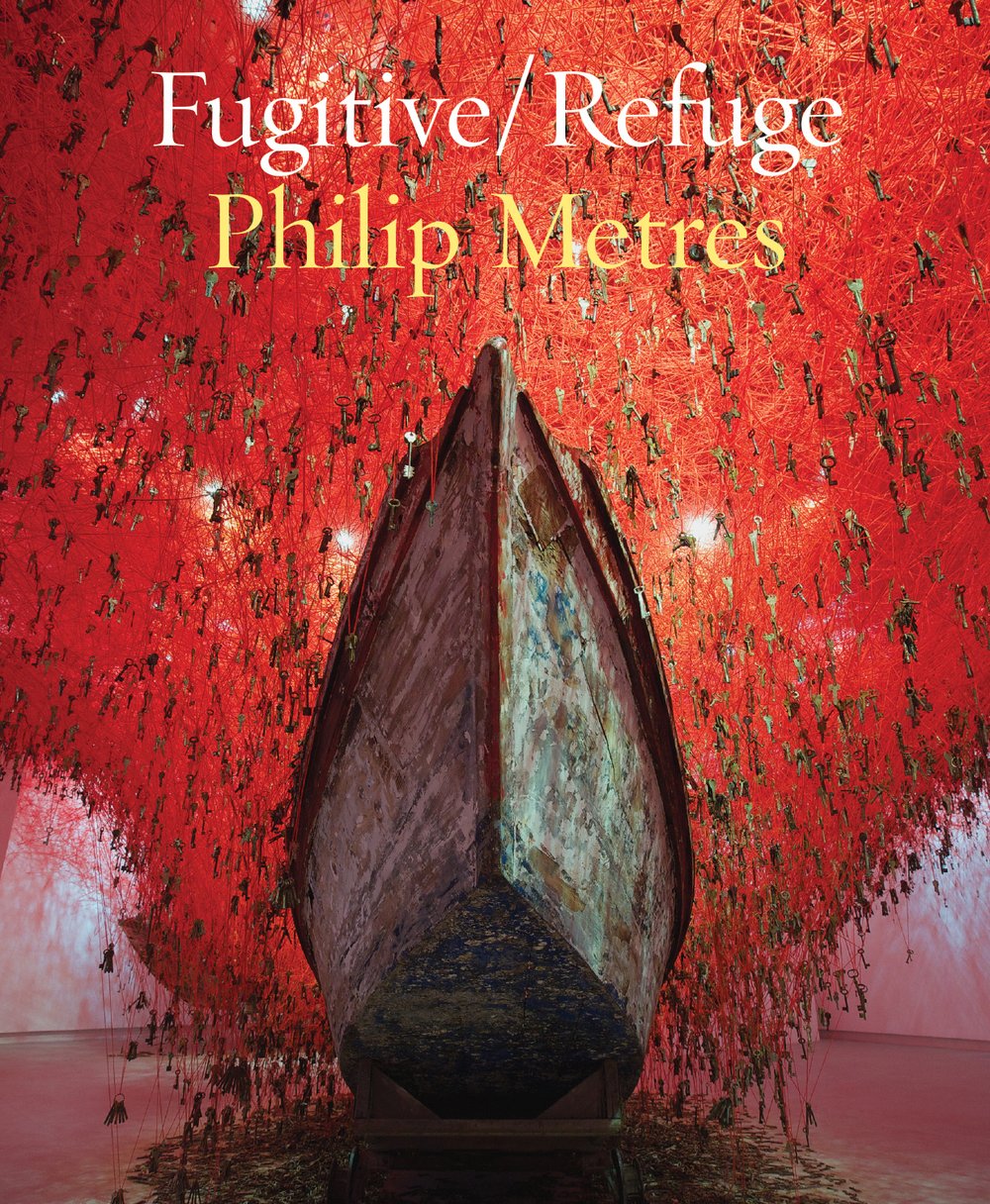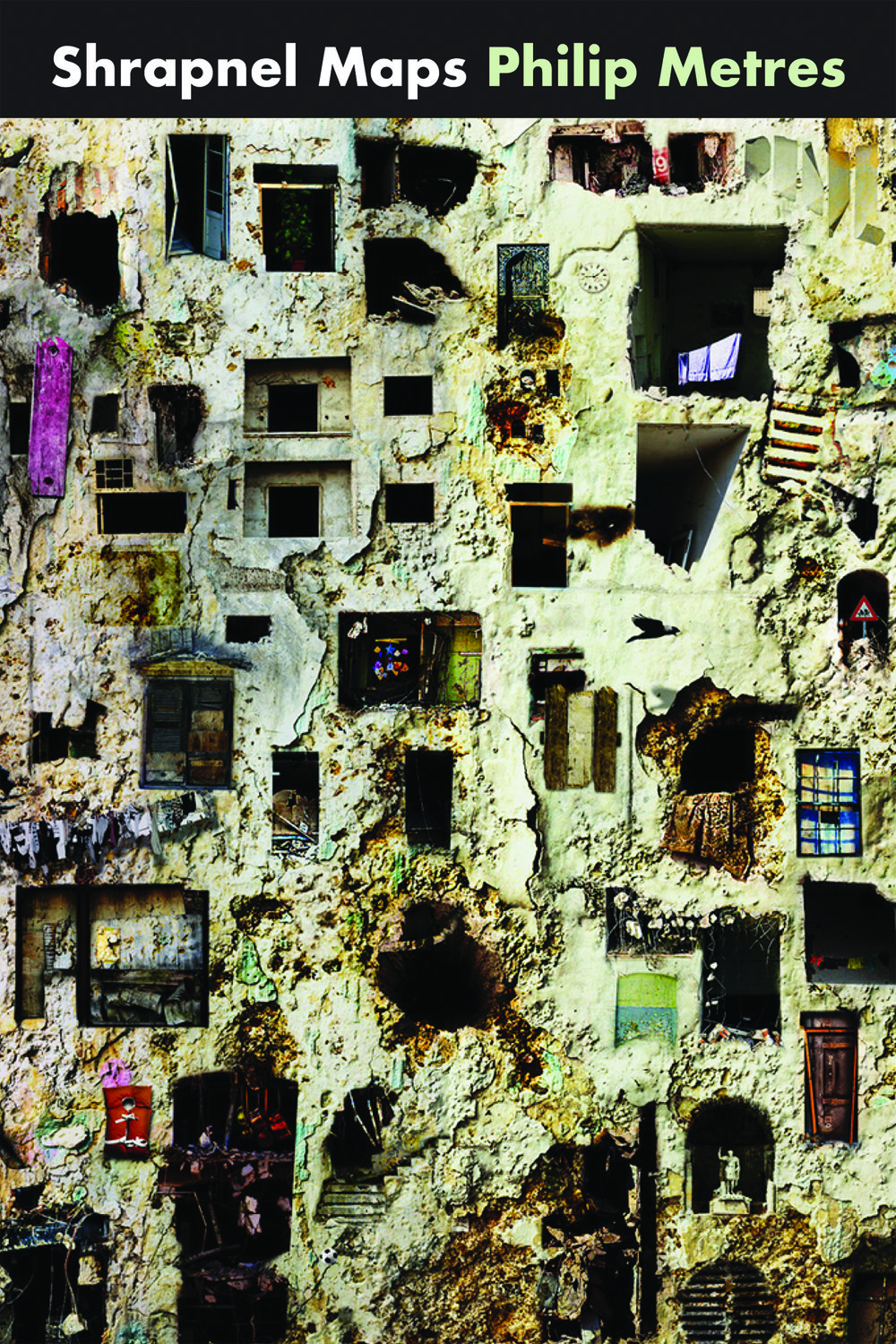Fugitive/Refuge

Dynamically pairing traditional and experimental forms, Philip Metres traces ancient and modern migrations in an investigation of the ever-shifting idea of home.
In Fugitive/Refuge, Philip Metres follows the journey of his refugee ancestors—from Lebanon to Mexico to the United States—in a vivid exploration of what it means to long for home. A book-length qasida, the collection draws on both ancient traditions and innovative forms—odes and arabics, sonnets and cut-ups, prayers and documentary voicings, heroic couplets and homophonic translations—in order to confront the perils of our age: forced migration, climate change, and toxic nationalism.
Fugitive/Refuge pronounces the urge both to remember the past and to forge new poetic forms and ways of being in language. In one section, Metres meditates on the Arabic greeting—ahlan wa sahlan—and asks how older forms of welcome might offer generous and embodied ways of responding to the challenges of mass migration and digital alienation in postmodern societies. In another, he dialogues with Dante to inform new ways of understanding ancestral and modern migrations and the injustices that have burdened them. Ultimately, Metres uses movement to create a new place—one to home and dream in—for all those who seek shelter.

A Lebanese-American poet, translator, scholar, and activist, Philip Metres (he/him) is the author and translator of eleven books and chapbooks, including Shrapnel Maps, The Sound of Listening: Poetry as Refuge and Resistance (University of Michigan 2018), finalist for Poetry Foundation’s Pegasus Award for Poetry Criticism; Pictures at an Exhibition (University of Akron 2016), winner of the Akron Poetry Prize; and Sand Opera(Alice James 2015). His work has appeared in Best American Poetry, numerous journals and anthologies, and has garnered a Guggenheim Fellowship, two NEA fellowships, a Lannan Fellowship, the Thomas J. Watson Fellowship, six Ohio Arts Council Grants, three Arab American Book Awards among many other fellowships and awards. A professor of English, he is the director of the Peace, Justice, and Human Rights Program at John Carroll University in Cleveland.

